
Home
Publications
Publications
Showing 0 to 0 of 0 results
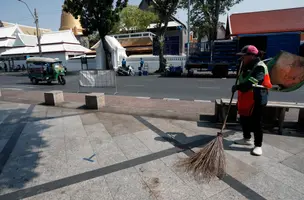
Statements
2025-01-08T21:33:03
APHR Condemns the Political Assassination of Former Cambodian MP Lim Kimya in Bangkok
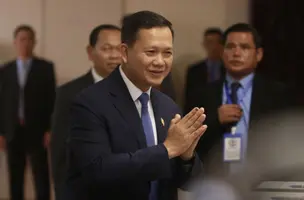
Statements
2023-10-27T09:04:20
Prison sentences for opposition members demonstrate that Hun Manet is following in his father’s footsteps, Southeast Asian MPs say
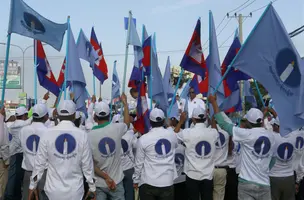
Statements
2023-05-16T12:01:43
Southeast Asian MPs condemn Cambodian government’s use of bureaucratic stonewalling, violence to block fair election participation
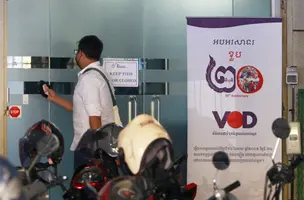
Statements
2023-02-14T08:38:10
Southeast Asian MPs condemn shutting down of independent media outlet in Cambodia ahead of general elections
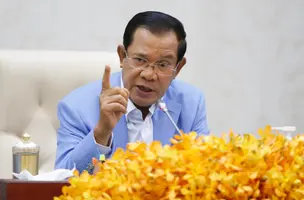
Statements
2023-01-12T16:20:44
Southeast Asian MPs denounce threats made by Hun Sen against the opposition in Cambodia ahead of general elections
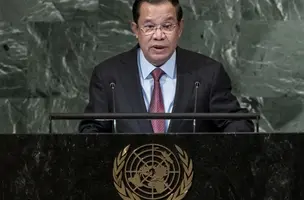
Opinion Articles
2022-10-26T09:17:00
Hun Sen Knows What is Going on Under His Watch
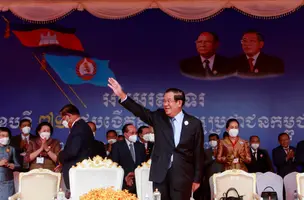
Statements
2022-07-27T03:52:46
Proposed changes to Constitution ‘death sentence’ for democracy in Cambodia, Southeast Asian MPs warn
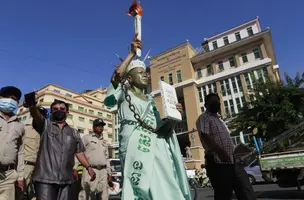
Statements
2022-06-16T04:02:21
Baseless sentences against Cambodian opposition and activists should raise alarm within ASEAN
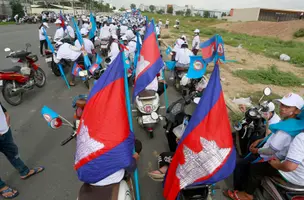
Opinion Articles
2022-06-05T03:35:53
Cambodia needs democracy, not another electoral charade
TOP
ASEAN Parliamentarians for Human Rights (APHR) was founded in June 2013 with the objective of promoting democracy and human rights across Southeast Asia. Our founding members include many of the region's most progressive Members of Parliament (MPs), with a proven track record of human rights advocacy work.
Copyright © 2024-2025 All Rights Reserved - ASEAN Parliamentarians for Human Rights (APHR)
Website by Bordermedia